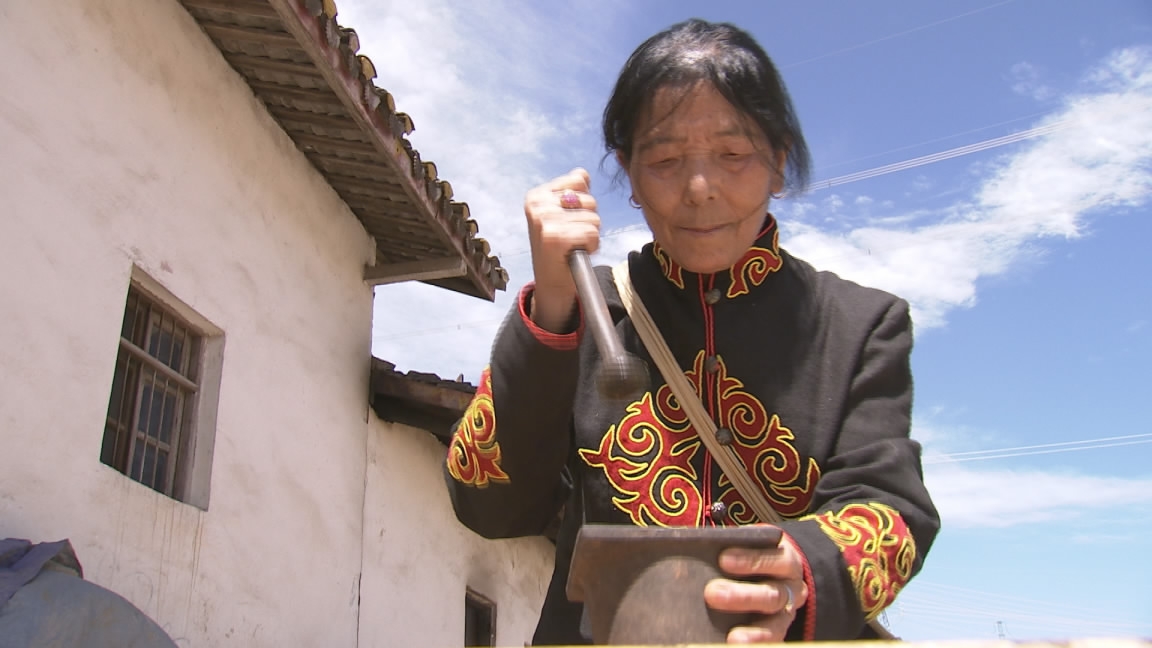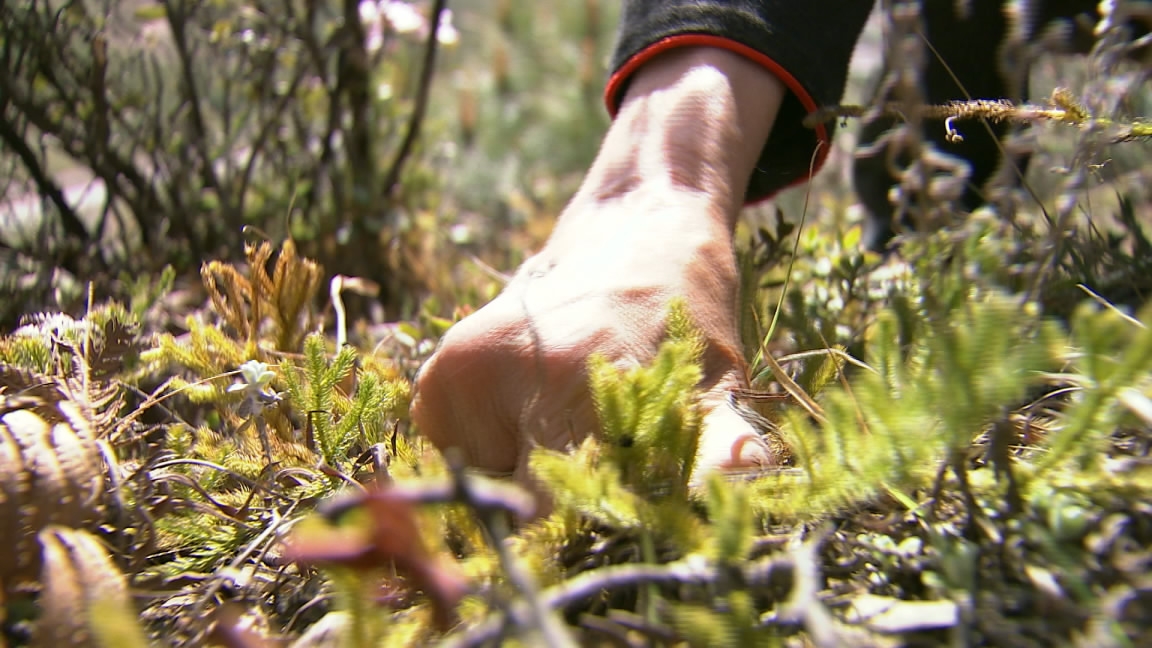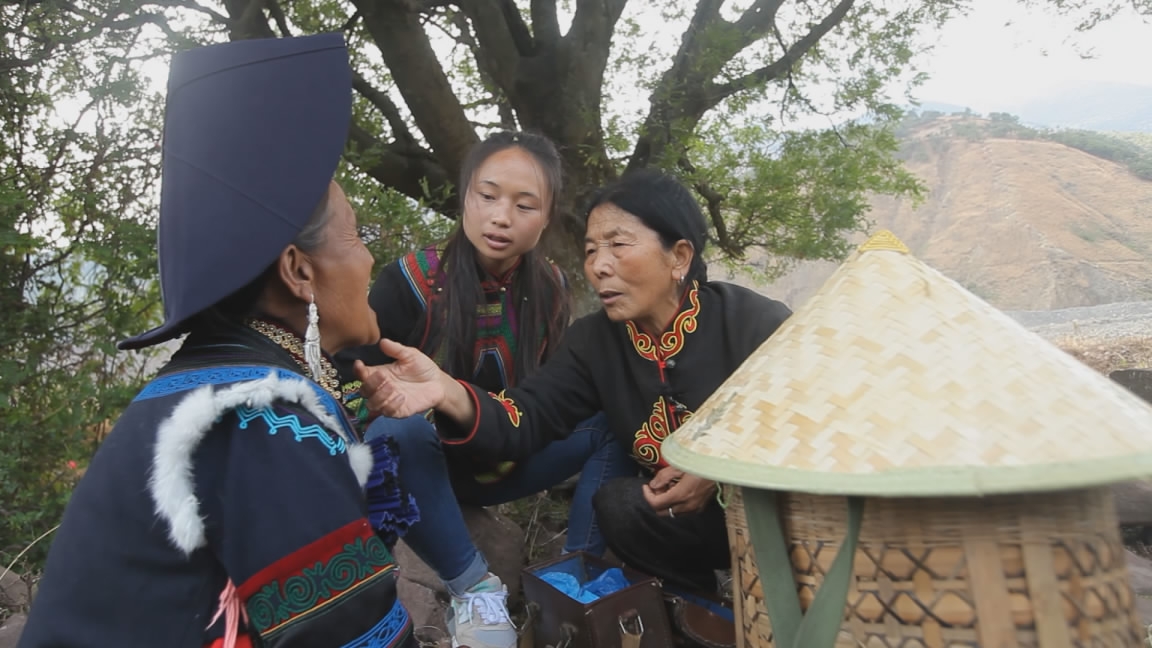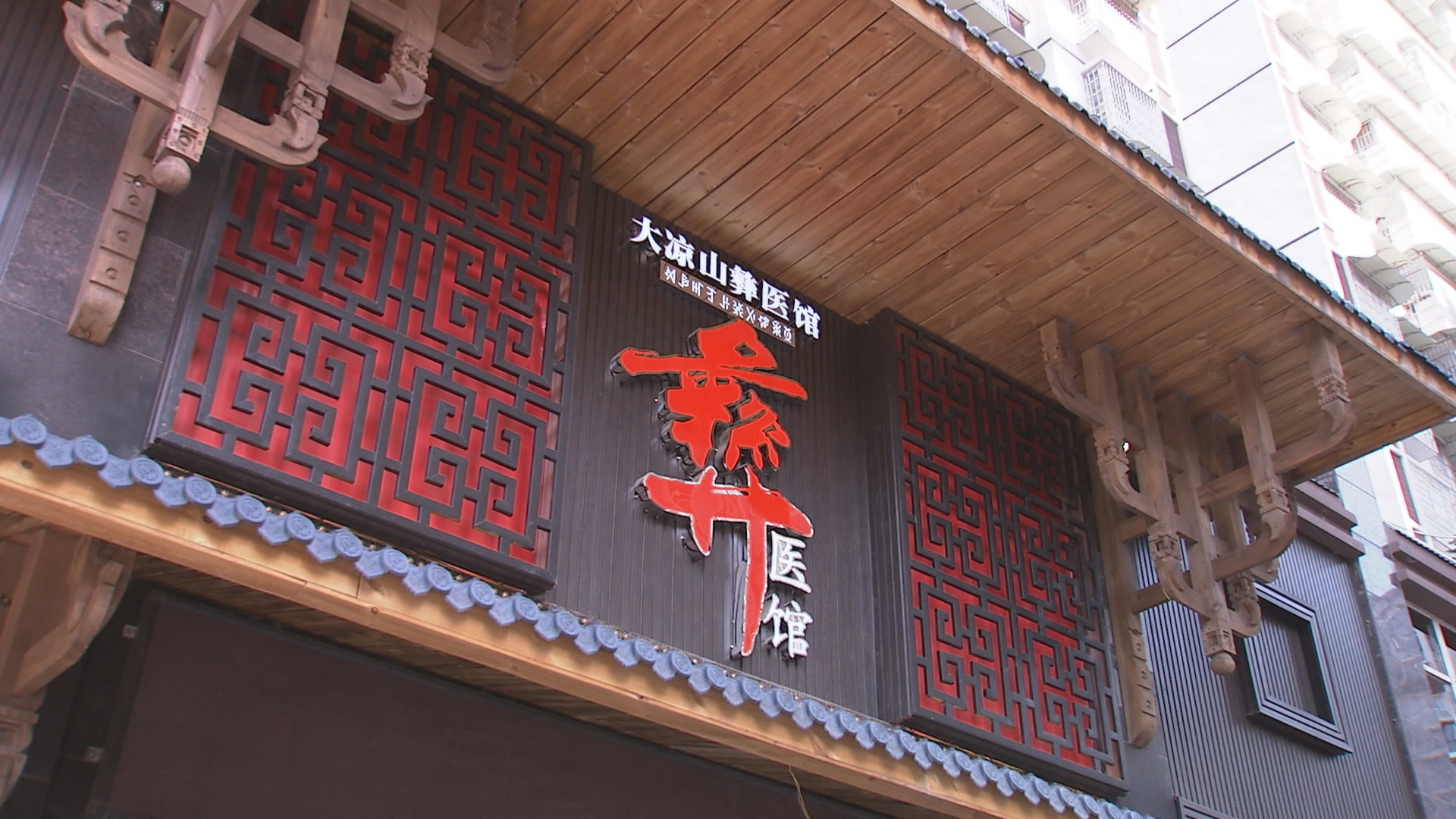
China
15:04, 19-Jul-2017
Chinese medical practitioner carries on with lifelong ambition

By CGTN's Meng Qingsheng and Zhang Kai
Traditional Chinese medicine is an intangible part of the country's cultural heritage, and these practices vary across the nation's 56 ethnic groups. CGTN recently visited the Liangshan Yi Autonomous Prefecture in southwest China's Sichuan Province to see how a Azi Ayue is carrying on with a tradition that dates back thousands of years.
The 65-year-old woman comes from a long line of medics or "folk doctors" who practice Yi medicine, a tradition that dates back 16 generations in her family.
"Since ancient times, the Yi ethnic group has acquired skills to prevent and treat diseases with local resources," said Azi. Though the government has set up modern hospitals in the community since 1950s, they still keep the tradition of using Yi medicine to cure diseases or disorders.

Yi doctors like to use fresh herbs in prescriptions. For external application, plants are generally pounded, while for oral doses, decocted or cooked with meat. /CGTN Photo.
Yi doctors like to use fresh herbs in prescriptions. For external application, plants are generally pounded, while for oral doses, decocted or cooked with meat. /CGTN Photo.
Yi medicine practitioners like to use fresh herbs in their prescriptions. For external application, plants are generally pounded. These herbs also have their essence extracted so they can be taken orally, usually cooked with meat. Villagers here claimed that these can cure a gamut of diseases, from bacterial infections to certain types of cancer.

65-year-old Azi Ayue uses traditional Yi methods to treat local villagers. /CGTN Photo
65-year-old Azi Ayue uses traditional Yi methods to treat local villagers. /CGTN Photo
More than ninety percent of the medicines used by the Yi ethnic minority are made out of natural herbs. They're free of causing side-effects in patients. To cope with rising demand, local departments have launched an initiative to promote herbal farming.
Azi said that herbal farming serves a practical purpose, as with the same climate, water and landscape, people can grow herbs having the same medical effects as naturally grown ones.

Azi Ayue started to learn Yi medicine at an early age, and received systematic TCM education in Chengdu City of Sichuan in her twenties. /Photo provided by Azi Ayue
Azi Ayue started to learn Yi medicine at an early age, and received systematic TCM education in Chengdu City of Sichuan in her twenties. /Photo provided by Azi Ayue
Azi worked for three years as an official at a local health department. In 1992, she quit that job and devoted her time to practicing Yi ethnic medicine. Six years later, she established China's first Yi Medicine Institute, and managed to collect over two thousand traditional recipes by interviewing folk doctors. She hopes medical authorities issue more open policies, prioritizing the growth of Yi medicine and help produce effective Yi medicine.

Azi Ayue opened China’s first Yi Medicine Institute in 1998, with herbal specimen in display inside. /CGTN Photo
Azi Ayue opened China’s first Yi Medicine Institute in 1998, with herbal specimen in display inside. /CGTN Photo
It's been 25 years since Azi made that leap, and life hasn't been easy. Her husband left her and she's been alone raising four children, three of them left in her care by her deceased brother. But she remains determined in passing on what she's learned in Yi medicine, just like those that came before her for the last three thousand years.
1870km

SITEMAP
Copyright © 2018 CGTN. Beijing ICP prepared NO.16065310-3
Copyright © 2018 CGTN. Beijing ICP prepared NO.16065310-3